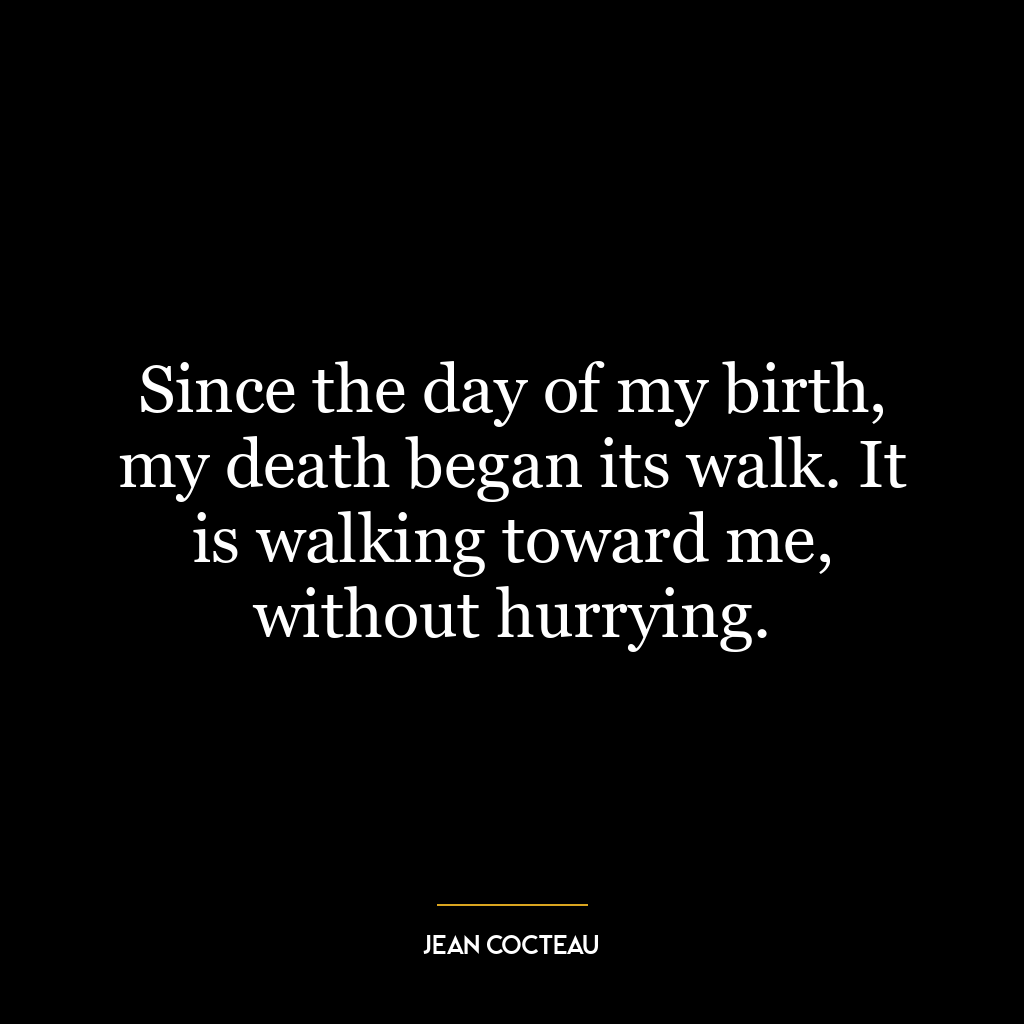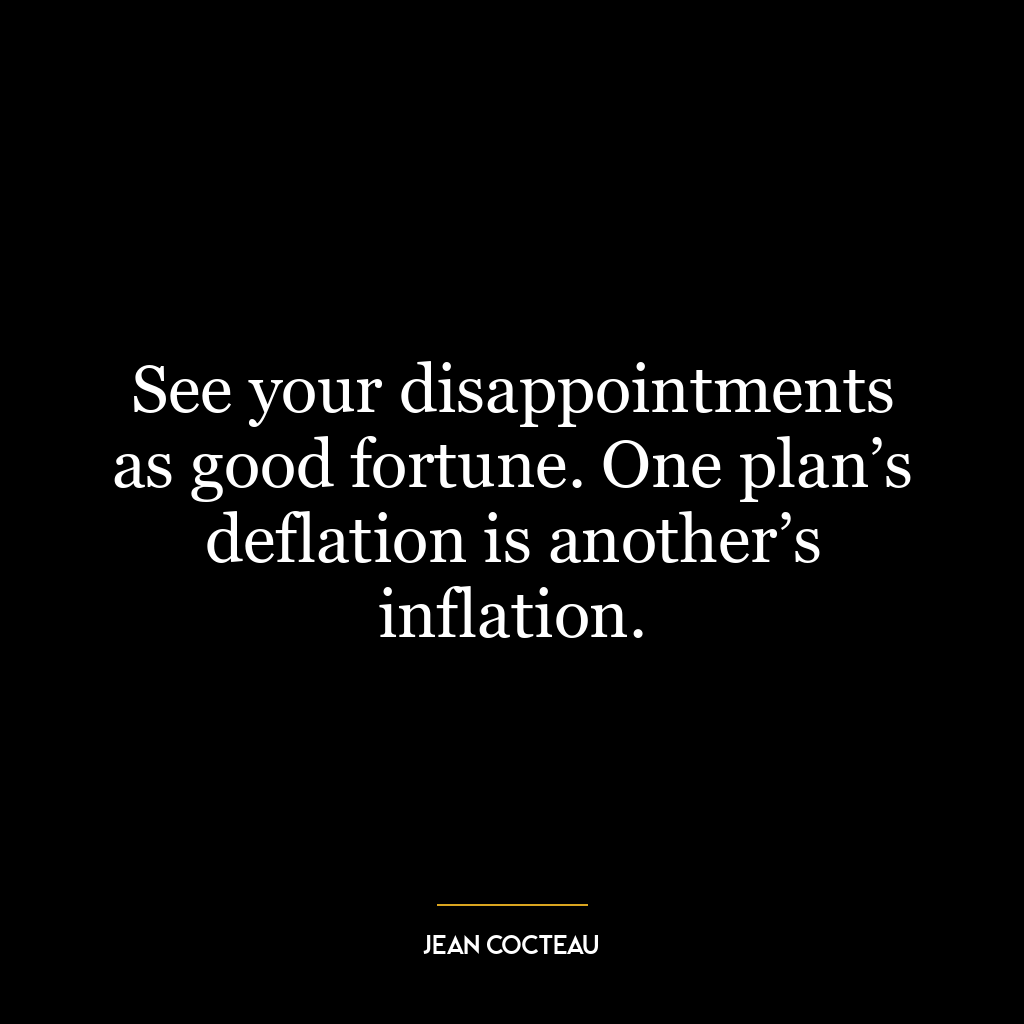Whereas a prolonged life is not necessarily better, a prolonged death is necessarily worse.
This quote is a profound reflection on the quality of life and death. It suggests that living longer does not automatically mean living better. A long life can be filled with suffering, pain, regrets, or loneliness, which may not make it desirable. On the other hand, a short but well-lived life, filled with love, happiness, and accomplishments, could be considered better.
The second part of the quote deals with the concept of a prolonged death. Here, Seneca argues that extending the process of dying is necessarily worse. This could be interpreted as a commentary on the pain and suffering that often accompany terminal illnesses and the way they can drag on, causing both physical and emotional agony for the dying person and their loved ones. In this context, a prolonged death is seen as a negative thing, as it extends suffering.
Applying this idea to today’s world, it could be seen as a critique of how modern medicine often prioritizes length of life over quality of life. In our quest to extend life, we sometimes prolong suffering, especially towards the end of life. This quote could be a call to focus more on improving the quality of life and ensuring a dignified death, rather than merely extending life at all costs.
In terms of personal development, this quote could inspire us to live our lives fully and meaningfully, rather than just focusing on living longer. It encourages us to value the quality of our experiences and relationships over their duration. It also reminds us to have a healthy perspective on death, seeing it as a natural part of life, rather than something to be feared or delayed unnecessarily.















